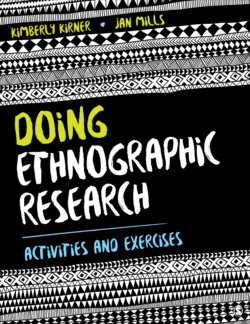Читать книгу Doing Ethnographic Research - Kimberly Kirner - Страница 111
На сайте Литреса книга снята с продажи.
Problem
ОглавлениеJerry Vaughn contracted with a federal agency to conduct a social impact assessment of proposed topographic changes in an aboriginal habitat in a far north region of North America. The contract contained no stipulations regarding ownership of data. In order to determine the potential impacts on the culture of peoples living in that region, Vaughn engaged in participant observation (keeping a detailed field notebook of the same); conducted in-depth personal interviews; and took more than one thousand photographs of people working, socializing, and enjoying other everyday and special activities. This work was carried out over a one-year period. Vaughn was paid 75 percent of his contracted salary and other expenses before the fieldwork. Vaughn then wrote a 150-page report detailing the areas of social life that would be adversely affected if the plans were implemented. He further noted that if the plans were implemented as proposed, there could be no mitigations that could prevent the people’s culture from being totally altered. Because of these severe conclusions, the agency director instructed Vaughn to turn over his entire research record so that the agency could solicit another opinion on the matter. Furthermore, the director told Vaughn that unless he would turn over the record, no further payment would be made to him.
Vaughn’s dilemma: Should he turn over the interview materials, the photographs, and his field notes, all of which contained sensitive and personal information? Should he turn over only part of his record? Or should he refuse to turn anything over to the agency?
